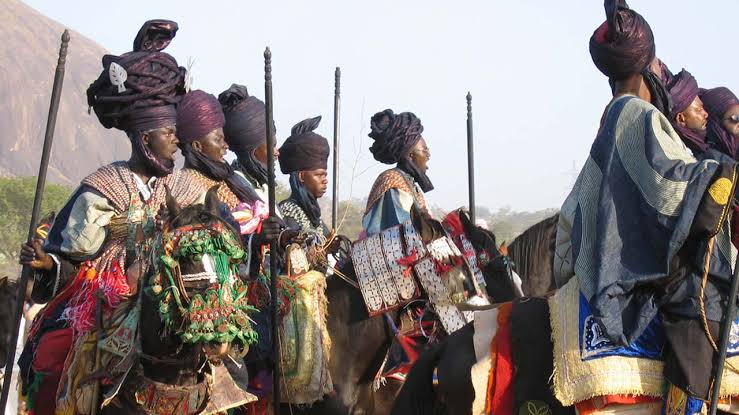
Maigatari Market: A Pillar of Economic Growth for Northern Nigeria, by Aliyu M. Jamil
Maigatari Market is a powerhouse of economic activity that significantly contributes to the livelihoods of thousands of people in Northern Nigeria and beyond.
With an annual revenue of approximately N1.5 billion (about $3.75 million USD), the market not only generates substantial income but also supports countless traders, farmers, and livestock handlers. The market’s operations have a profound multiplier effect, boosting local businesses, creating jobs, and enhancing food security across the region.
Believed to be established in early 1900, and located in Jigawa State, Maigatari Market is a hub of vibrant commercial activity, attracting traders and buyers from across Nigeria and neighboring countries. Known for its rich history and strategic location, the market is a key driver of regional growth and development, supporting a wide range of economic activities.
Maigatari Market is renowned for its vast array of grains, including millet, sorghum, maize, cowpea, groundnut, and rice. The grain trade not only enhances Nigeria’s food security but also generates substantial revenue for both state and local governments. Thousands of bags of grains are traded annually, supporting local farmers and ensuring a continuous supply chain that benefits consumers nationwide and neighbouring countries.
Recognized as one of the largest cattle markets in the Sahel, the market facilitates the sale of thousands of livestock, including cattle, goats, sheep, and camels every week. With approximately 10,000 cattle, 5,000 goats, and 3,000 sheep traded weekly, it serves as a major source of meat supply for southern Nigeria, where demand remains high. This bustling livestock trade fuels local economies and creates substantial employment opportunities.
Despite its success, Maigatari Market has room for further growth. Investments in improved infrastructure—such as modern storage facilities, better roads, and enhanced transportation systems—are essential for unlocking even more economic potential. Enhanced security measures would also provide a safer environment for traders, farmers, and livestock handlers, fostering a more stable trading environment.
A notable effort to boost the market’s operations is the Maigatari Market Development Project, launched by the Jigawa State Government in 2019. This initiative has significantly improved the market’s infrastructure, reduced post-harvest losses, and increased revenue by over 20%. The project has also created new job opportunities and stimulated economic growth in the region.
Given the immense economic potential of Maigatari Market, government and private sector stakeholders must collaborate to support its continued growth. Investments in infrastructure, access to finance, and market linkages will further enhance the market’s role as an economic powerhouse.
Investing in Maigatari Market translates to benefits that extend beyond revenue generation. Improved food security, greater economic competitiveness, and poverty reduction can all be achieved through targeted development initiatives. Strengthening transportation infrastructure will lower costs and increase trade efficiency, while enhanced security measures will ensure the safety of traders and goods.
In a nutshell, Maigatari Market is not just a trading center but a critical economic pillar in Northern Nigeria. With strategic investments, it can unlock even greater prosperity for the region, enhance the lives of citizens, and solidify its status as a hub of commercial activity that drives sustainable growth. The market’s vast potential awaits further development and support from all relevant stakeholders.
Aliyu, a Fellow of PRNigeria, wrote from Jigawa via: [email protected]
